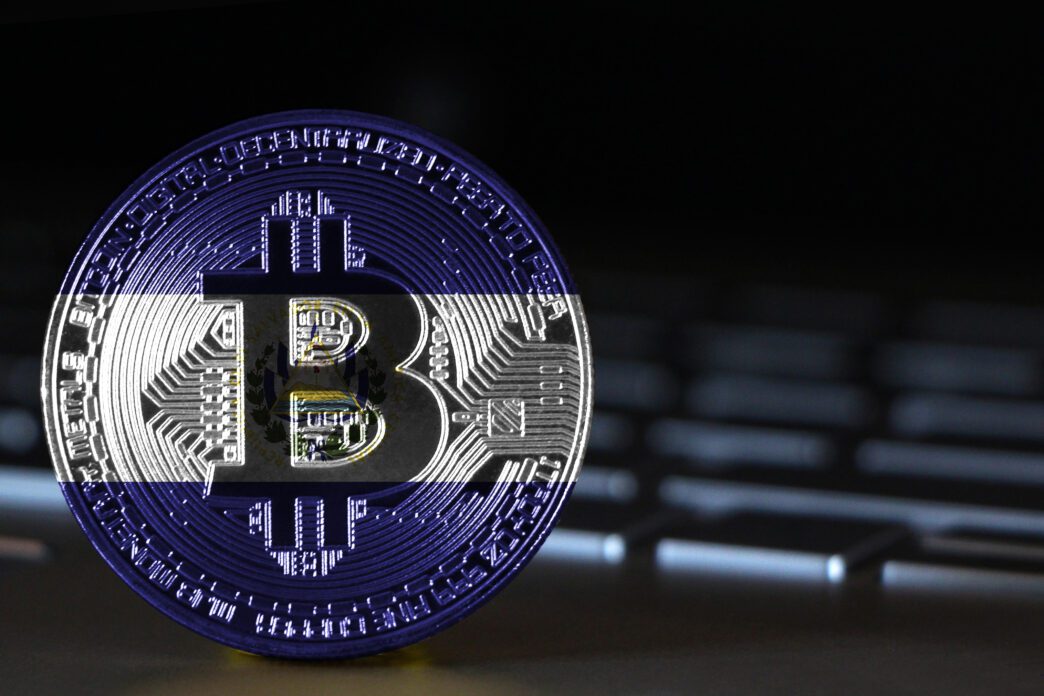Executive Summary
The Story So Far
Why This Matters
Who Thinks What?
El Salvador, under the leadership of President Nayib Bukele, reportedly added 1,000 Bitcoin to its national treasury on Monday, bringing the country’s total holdings to approximately 7,500 BTC, valued at about $698 million. This significant increase, highlighted by Bukele on X, occurred while Bitcoin’s price hovered near a six-month low and amidst ongoing scrutiny from the International Monetary Fund (IMF) regarding the nature of these acquisitions.
National Bitcoin Accumulation
President Bukele announced the addition of 1,000 Bitcoin, which was valued at roughly $100 million at the time, through a social media post. This single-day increase marked the largest recorded surge in the nation’s Bitcoin stockpile since its inception, boosting its holdings by 17% from the previous day.
The country’s official Bitcoin Office dashboard now indicates El Salvador controls around 7,500 BTC. This figure reflects the nation’s continued commitment to its Bitcoin strategy, which has been a cornerstone of Bukele’s administration.
IMF Scrutiny and Government Response
The International Monetary Fund has previously questioned El Salvador’s reported Bitcoin increases. In September, the IMF stated that these additions were not new purchases but rather internal transfers within the government’s financial systems.
However, a spokesperson from the Salvadoran government communications department has contested this characterization. They affirmed that President Bukele’s Bitcoin-buying activities have persisted, even after the nation committed to scaling back certain Bitcoin-related initiatives last year.
Context of Bitcoin Policy
El Salvador’s aggressive Bitcoin strategy has been a point of contention with international financial bodies. As part of a $1.4 billion loan agreement with the IMF, the country agreed to make Bitcoin payments voluntary and reduce its involvement in the Chivo digital wallet program, which had offered a $30 incentive for new users.
Despite these commitments, the publicizing of El Salvador’s Bitcoin holdings in 2024 has shown a departure from previous acquisition patterns. While Bukele had previously announced purchases of smaller quantities, such as buying one Bitcoin per day in 2022 when the asset traded around $16,700 following the FTX collapse, the recent 1,000 BTC addition represents a notable acceleration.
Market Volatility and Portfolio Value
Bitcoin’s price has experienced significant fluctuations, sliding 27% from its last month’s all-time high of $126,000. This volatility has impacted the value of El Salvador’s holdings.
At Bitcoin’s peak, the nation’s portfolio was valued at nearly $800 million, but it has since lost almost $200 million in value, according to crypto data provider CoinGecko. Furthermore, a screen grab shared by Bukele last month that showed an unrealized profit of approximately $475 million is no longer included in the Bitcoin Office’s updated dashboard.
Key Takeaways
El Salvador continues to expand its Bitcoin reserves, signaling a defiant stance against market downturns and international financial recommendations. The recent substantial addition of 1,000 BTC underscores President Bukele’s unwavering commitment to the cryptocurrency, even as the nation navigates criticisms from the IMF and the inherent volatility of the digital asset market.







